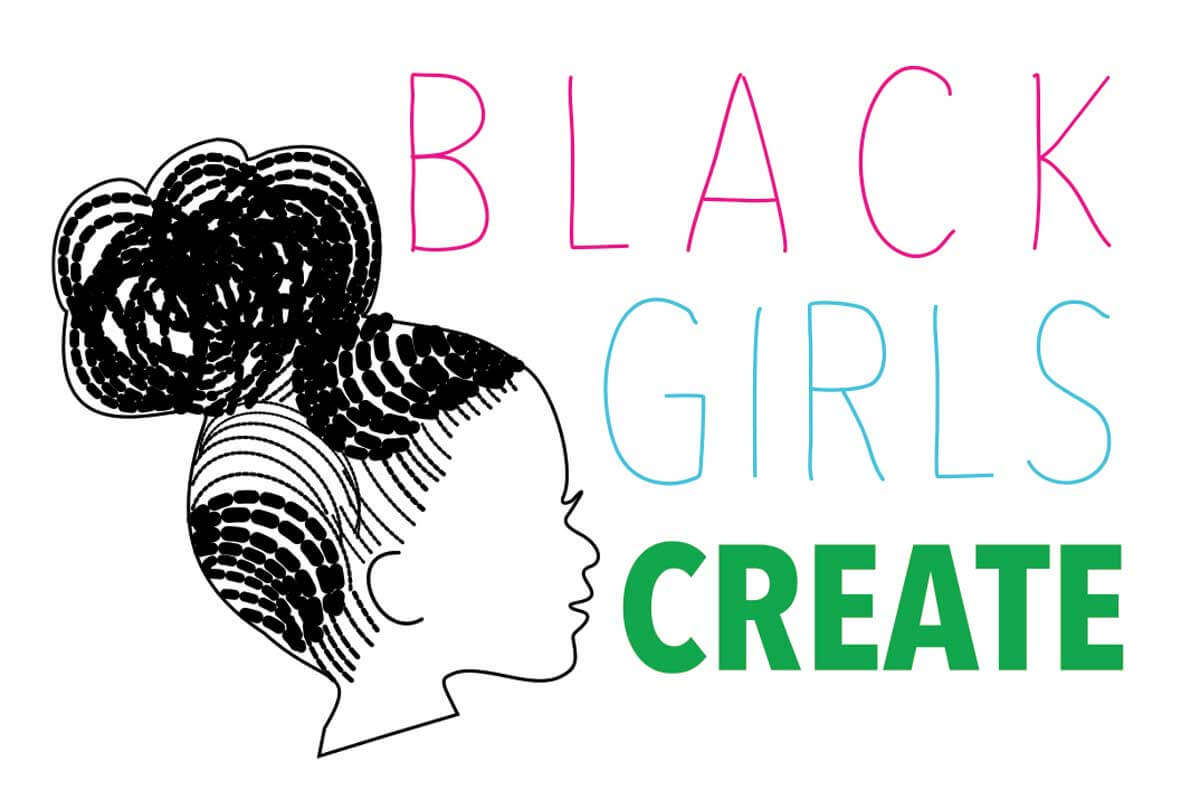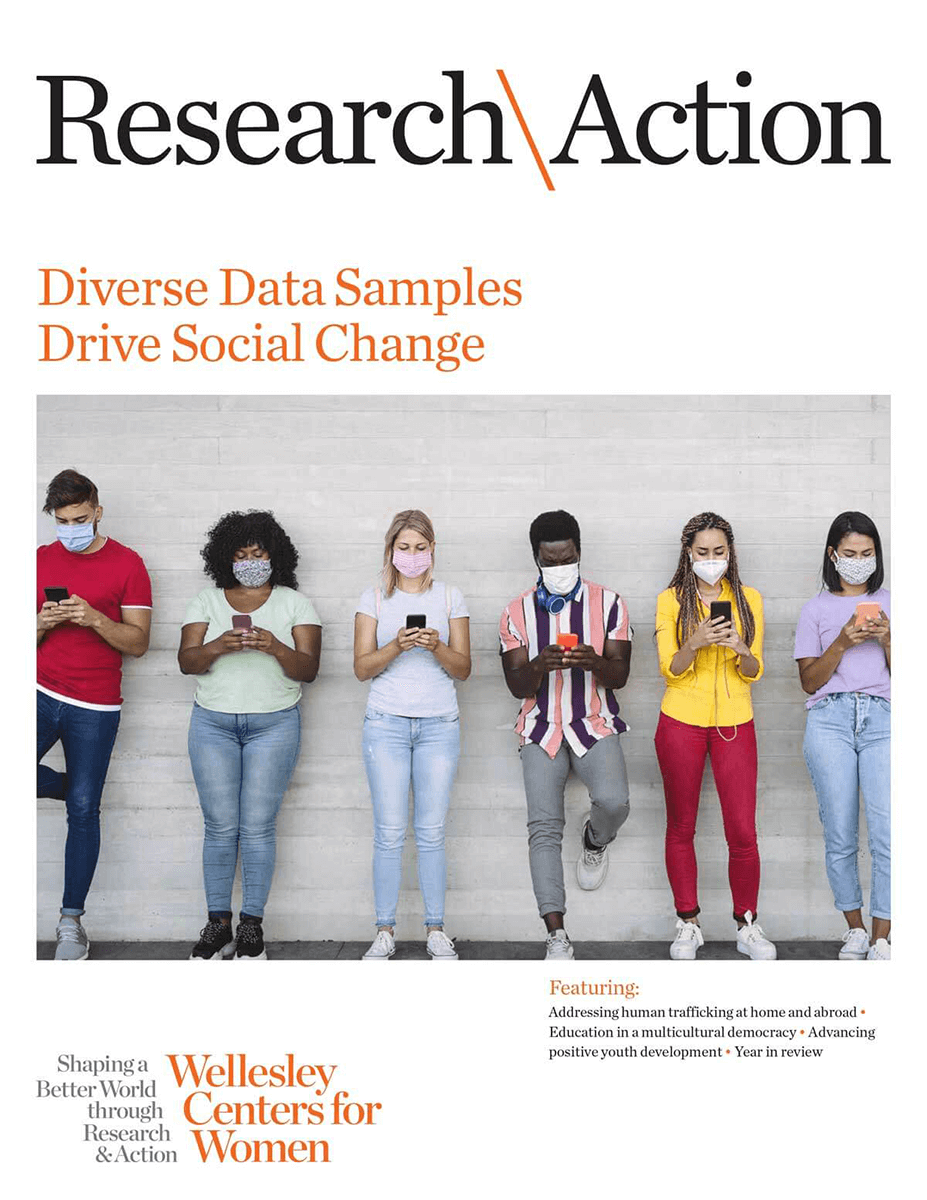 Black Girls Create, the culturally responsive maker program designed by Research Scientist LaShawnda Lindsay, Ph.D., in 2018 will reach more girls with a new grant from the National Science Foundation. In collaboration with Spelman College, Lindsay will lead a two-year feasibility study that seeks to explore how engagement in Black Girls Create affects middle school girls’ STEM interest, STEM confidence, and racial and gender identities.
Black Girls Create, the culturally responsive maker program designed by Research Scientist LaShawnda Lindsay, Ph.D., in 2018 will reach more girls with a new grant from the National Science Foundation. In collaboration with Spelman College, Lindsay will lead a two-year feasibility study that seeks to explore how engagement in Black Girls Create affects middle school girls’ STEM interest, STEM confidence, and racial and gender identities.
Black Girls Create addresses issues of equity, inclusion, and relevance for Black girls by providing a curriculum and a learning environment that incorporates girls’ cultural and intellectual histories and expands the meaning and purposes of STEM learning. It focuses on making, which can involve traditional craft and hobby techniques, such as sewing or woodworking, and often incorporates digital technologies in either manufacturing or design.
Culturally responsive making is an emerging field in both research and practice in informal STEM learning environments. For Black Girls Create, culturally responsive making is defined as tapping cultural knowledge and maker technologies to engage Black girls in creating, designing, and producing artifacts related to a particular concept, theme, or person. Decades of research show that situating learning within Black students’ cultural context and connecting academic subjects to their cultural knowledge produce better academic outcomes.
“Culture is the mechanism through which people learn how to be in the world, how to behave, what to value, and what gives meaning to their lives,” said Lindsay. “Acknowledging and incorporating participants’ culture helps them create meaningful connections to academic subjects—particularly when they are members of underrepresented groups who may believe that certain subjects are unrelated to their current or future lives.”
Read more about Black Girls Create in the spring 2021 issue of Afterschool Matters.


